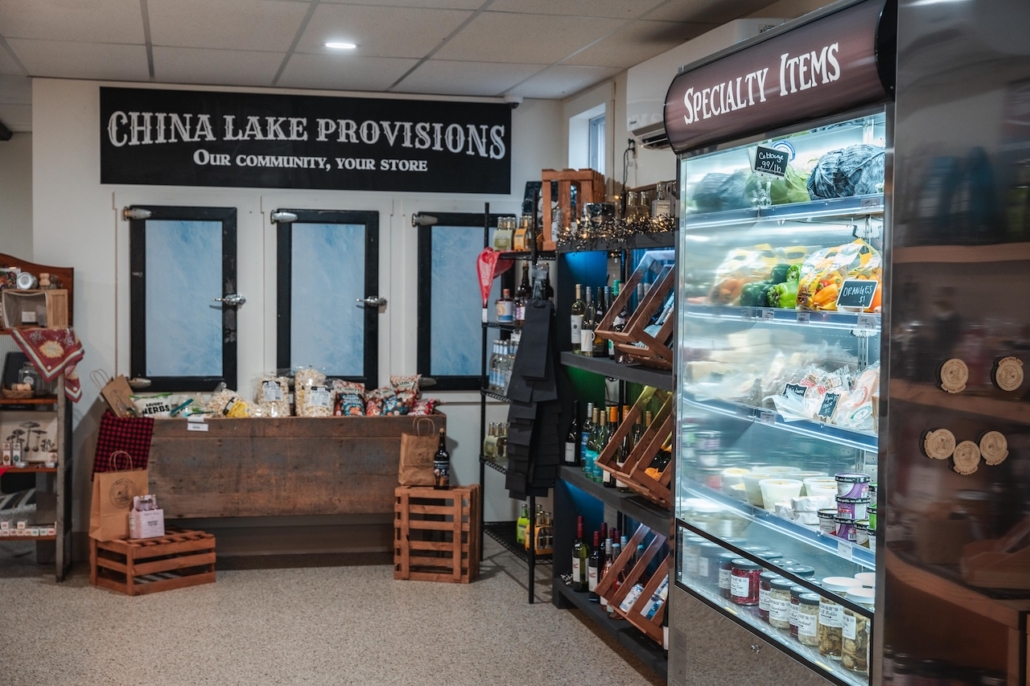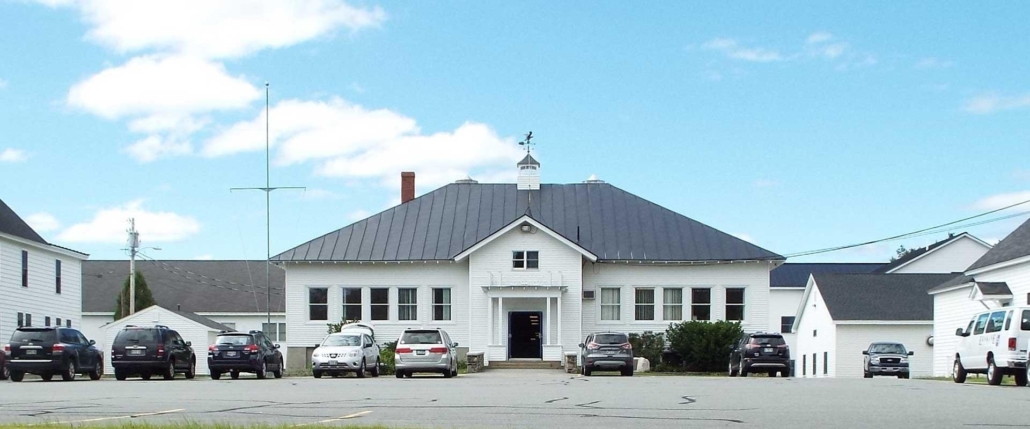CHINA: Planners discuss possible ordinance amendments
 by Mary Grow
by Mary Grow
China Planning Board members continued discussion of possible ordinance amendments at their Aug. 6 meeting, focusing on one word in one of the 15 conditional use criteria. Conditional use criteria are the requirements for a new, changed or significantly expanded commercial use.
The criterion reviewed Aug. 6 requires the applicant to show that the proposed use or change “will not have a significant detrimental effect on the use and peaceful enjoyment of abutting property as a result of noise, vibrations, fumes, odor, dust, glare or other cause.” Board members talked about noise.
They agreed with Codes Officer Bill Butler that a baseline noise study is needed before he or the board can determine whether additional noise will be loud enough to violate the criterion. A study would need to be specific to the area of the proposed project, since, for example, residents along main roads are accustomed to more noise than residents on back roads. Noise regulation would probably require zoning, Butler suggested. In the past most China voters have opposed zoning.
Even a background study could get complicated. Board members mentioned as examples the different effects of high-pitched and low-pitched sound, and the effect of atmospheric conditions on how far sound carries.
There was no consensus on other aspects of noise regulation.
One disagreement was over whether the noise standard applies only to commercial development or to everyone in town, for example, someone who runs car races on his land. Ralph Howe argued that the standard would apply to everyone, and he opposed strict regulations on the ground that people can do what they want on their own property.
Jim Wilkens believes “You can’t do totally what you want with your property.” A resident’s peaceful enjoyment right must be balanced against a neighbor’s right to make loud noises. When Butler cited a Rockland ordinance that exempts recreational activities from noise limits, Wilkens considered it unfair unless, he suggested, the town wants to abate the taxes of the resident deprived of peaceful enjoyment.
Howe called an ordinance applying to private uses “restrictive to people’s freedom.” Wilkens countered by citing the “freedom from being harassed” by noisy neighbors.
Butler said a conditional use standard would not necessarily have to apply to private, non-commercial activities. Board Chairman Tom Miragliuolo doubted exempting noisy private activities would be popular. Butler suggested a nuisance ordinance might be an alternative way to deal with private activities that led neighbors to complain about noise or other impediments to their peaceful enjoyment.
Another issue touched on, with no consensus, was exceptions and exemptions to a noise ordinance. Butler said multiple exemptions are standard, for example for farming and commercial activities. Having stricter noise limits overnight than during the day is another common ordinance feature.
Miragliuolo asked Butler to find sample ordinances from other Maine towns to guide future discussion.
The planning board is trying to make ordinance criteria easier to apply in response to a request from the Comprehensive Planning Committee (see The Town Line, Aug. 1).
In other business Aug. 6, Butler reported in the previous two weeks, he issued eight building permits, including two for new homes, and did 12 Maine Universal Building and Energy Code (MUBEC) inspections of construction under way, a pace he called “pretty aggressive.”
He suggested other ordinance changes the planning board should consider to bring the town ordinance into conformity with state shoreland zoning standards. Should town officials and voters not act, the state Department of Environmental Protection will, though probably not immediately, he said.
Butler expects Clifford Glinko to present a revised application for a medical marijuana store on Route 3 in South China at the next planning board meeting, scheduled for 6:30 p.m. Tuesday, Aug. 27.
Responsible journalism is hard work!
It is also expensive!
If you enjoy reading The Town Line and the good news we bring you each week, would you consider a donation to help us continue the work we’re doing?
The Town Line is a 501(c)(3) nonprofit private foundation, and all donations are tax deductible under the Internal Revenue Service code.
To help, please visit our online donation page or mail a check payable to The Town Line, PO Box 89, South China, ME 04358. Your contribution is appreciated!





Leave a Reply
Want to join the discussion?Feel free to contribute!